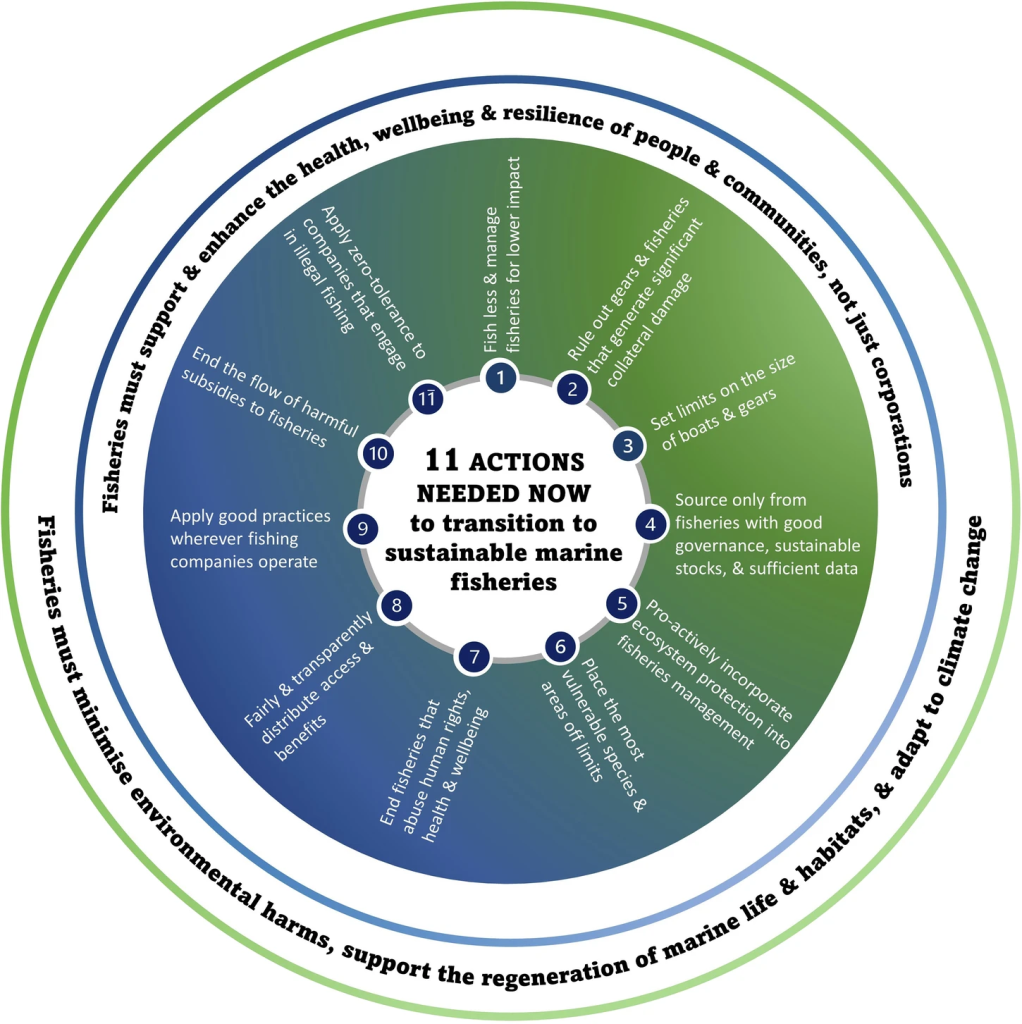
A recent study conducted by the University of Exeter highlights the alarming effects of climate change on the Arctic ecosystem, revealing how rising temperatures are reshaping species interactions and food webs. As temperature rises and ice melts, the dynamics of marine life, including fish populations, are changing dramatically and adapting to these new conditions. This shift disrupts predation dynamics, posing serious risks to Arctic biodiversity and the fishing industry.
With warmer waters, some fish species are migrating northward in search of cooler habitats, while others are declining in number. This realignment disrupts traditional fishing patterns and threatens the livelihoods of communities that rely on these resources. Local fisheries face uncertainty as fish stocks become less predictable and harder to manage.
Emphasizing the need for adaptive management strategies to ensure sustainable fishing practices, the study calls scientists, policymakers, and fishing communities to act in collaboration. In understanding these ecological changes, stakeholders more effectively navigate the challenges posed by climate change to protect the future of the Arctic ecosystems.
The stakes are high. We must protect these fragile environments to sustain biodiversity and ensure food security for future generations. While this research is a stark reminder, it further supports the importance of the interconnectedness of human activity, climate change, and ecological health.
Sources:
https://www.sciencedaily.com/releases/2024/09/240923110742.htm
https://www.nature.com/articles/s44183-024-00078-2

